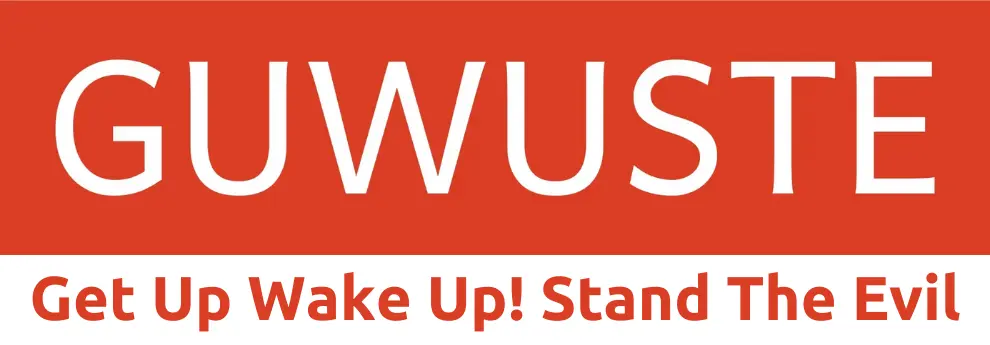Stockpiling Food is Not a Solution for Chaos
28 May 2024
- Share:

Stockpiling Food is Not a Solution for Chaos
If food hoarding is not a long-term solution, is there a force fueling global famine?
With millions of people going to bed hungry every night and children starving to death around the world, the global food crisis is escalating. Wars, pandemics, natural disasters, adverse weather conditions and historical crop failures are severely straining global food production. This is characterized as a famine crisis that is expected to worsen this year in the world's poorest regions. In the longer term, the situation is projected to worsen. As global food systems compete for resources with growing demand, it is increasingly important to build resilience in the face of the unexpected, such as climate change and planned pandemics. These challenges are compounded by the planning and implementation of threats to food security.
Let's look at Africa, where famine and hunger are rampant;
Today, more than a billion people in Africa lack access to adequate food and 30% of children are stunted due to malnutrition. The UN World Food Program reports that children in Sudan's Darfur region are dying of malnutrition and some starving people are eating unusual foods such as grass and peanut shells. In some areas they have even started eating soil.
The global food crisis has reached alarming proportions in West and Central Africa, where 55 million people are expected to become food insecure in the coming months. Double-digit inflation, stagnating local production and ongoing conflict are among the main causes of the crisis.
In Southern Africa, drought has led to widespread crop failure, causing food prices to increase by up to 82% in some areas. More than 18 million people are now in need of emergency humanitarian assistance and food insecurity is expected to worsen from July 2024, with the famine season usually starting in October.
While there is no generalized hunger problem in the Western world, 42 million Americans receive food aid and one in seven children live in poverty. Longer-term trends are expected to trigger a global food crisis, which could worsen in the coming years and lead to severe food shortages in the United States.
With the world's population growing, current food production will not be enough for everyone, and global food supplies are expected to shrink in the near future.
So what can hunger make people do?
Let us try to answer this question by giving an example from the 17th century;
Archaeological findings in Jamestown, Virginia, suggest that the first English colonists of North America in the 17th century ate dog meat to combat severe hunger. University of Iowa researchers uncovered the remains of 16 native dogs, including at least six consumed by the settlers. The remains reveal the hardships the colonists endured between 1609 and 1617 by skinning, dismembering and deboning dogs. George Percy's writings after the famine of 1610 confirm that when horses and other animals were exhausted, colonists were forced to subsist on dogs, cats, rats and mice.
This historic event demonstrates the vital importance of food stockpiling and the need to take action against the global food crisis.
So is food hoarding the solution? In the long run, it may not be a temporary solution.
But why? Is there a force fueling global famine?
A solution such as food hoarding is not enough.
The overpopulation and reduction of the world's population, and thus its easy management and sustainability, is one of the most important milestones on the road to the Great Reset. In particular, we are at a time when climate and weather technologies are rapidly evolving and could potentially become tools that could contribute to a mass food crisis and thus to population decline. While the claims that climate and weather technologies can affect the world population by making it rain or create droughts in the desired region are partially confirmed, they are among the issues that require serious attention and scrutiny in the coming period.
The effects and potential uses of these technologies, which are supported by the Global Elite and have the potential to be weaponized against humanity, raise many ethical and practical questions and therefore require extensive analysis, debate, questioning and wide-scale objections. If this cannot be done, humanity will have to struggle with planned famines until the apocalypse.
During these planned periods of famine, people may be forced to consume artificial meats, artificial foods and insects subsidized by the Global Elites, if they have enough social points.
This article addresses critical issues that every individual who values the dignity and freedom of humanity should be aware of, while also highlighting how the global elites and their collaborators scattered all over the world have been "exploited" by the "global elites". invincible", but rather to expose the fact that they will never achieve their goals against humanity, such as the " Great Reset", unless people allow them to do so. Not allowing them will be the beginning of bad news for them.
Guwuste.com
Arise and warn, and put a stop to evil
Do not forget to share if you like our article...






